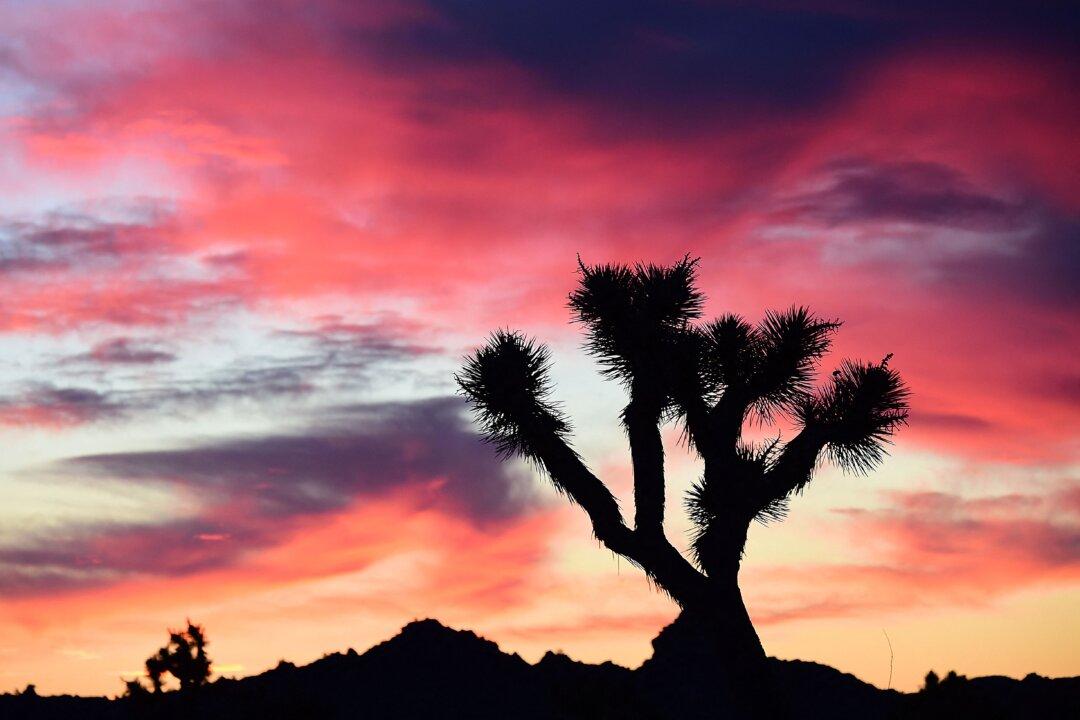A California-based company is planning to develop a solar farm in the Mojave Desert, which will involve clearing thousands of protected Joshua trees from parts of the 2,300-acre project site.
The company, Avantus, will develop the solar project in the Boron and Desert Lake area of eastern Kern County, the company said in a statement. According to an environmental impact report for the project, nearly 4,700 Joshua trees are located on the site, with some nearly a century old.





